Categories
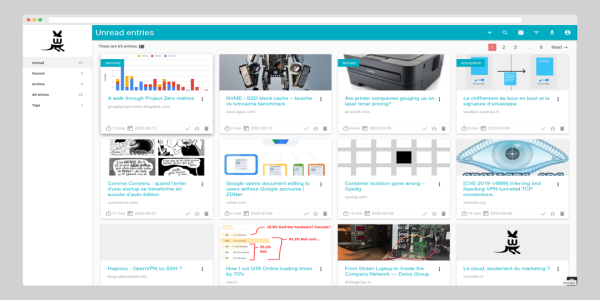
wallabag
Wallabag is a self-hostable application for saving web pages: Save and...
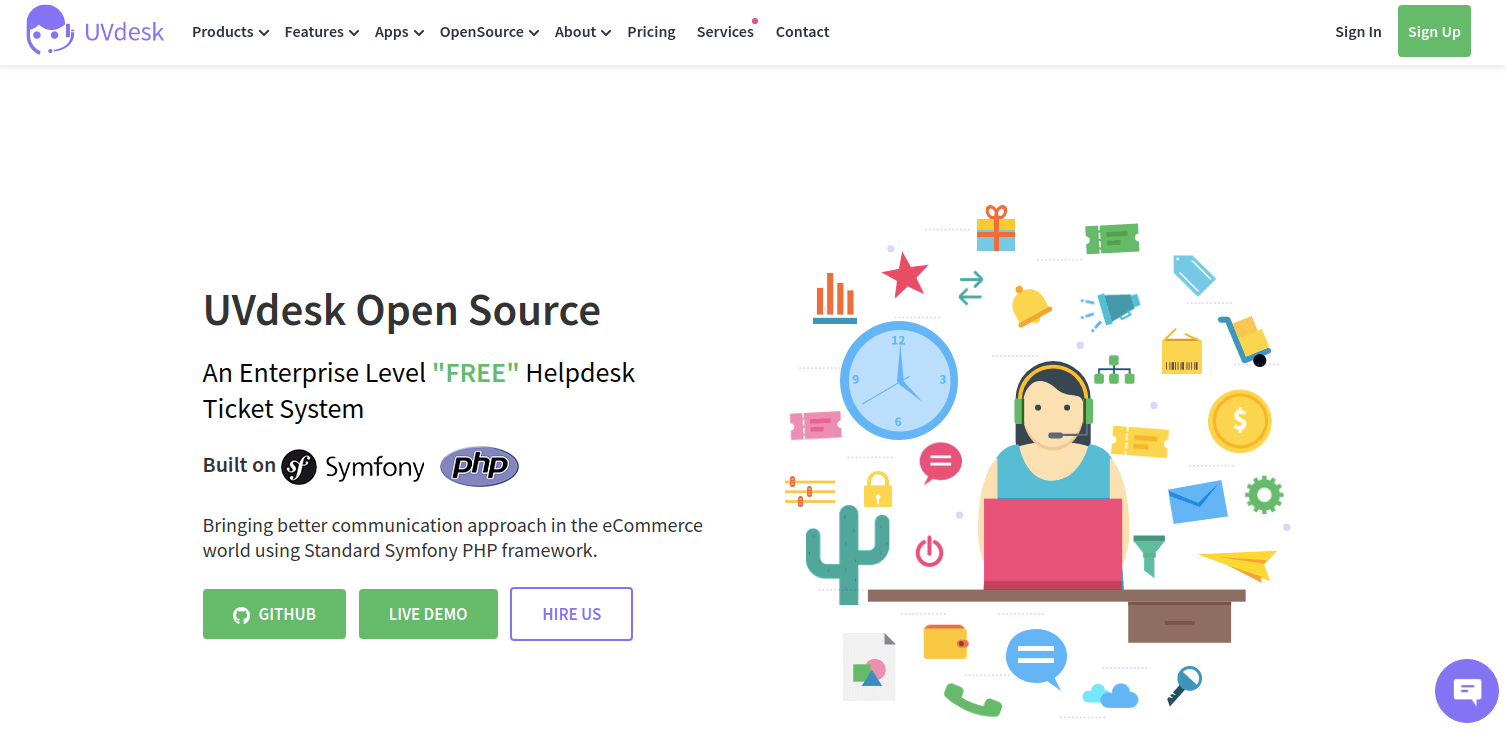
community-skeleton
UVdesk is an open-source community helpdesk project built for all to m...
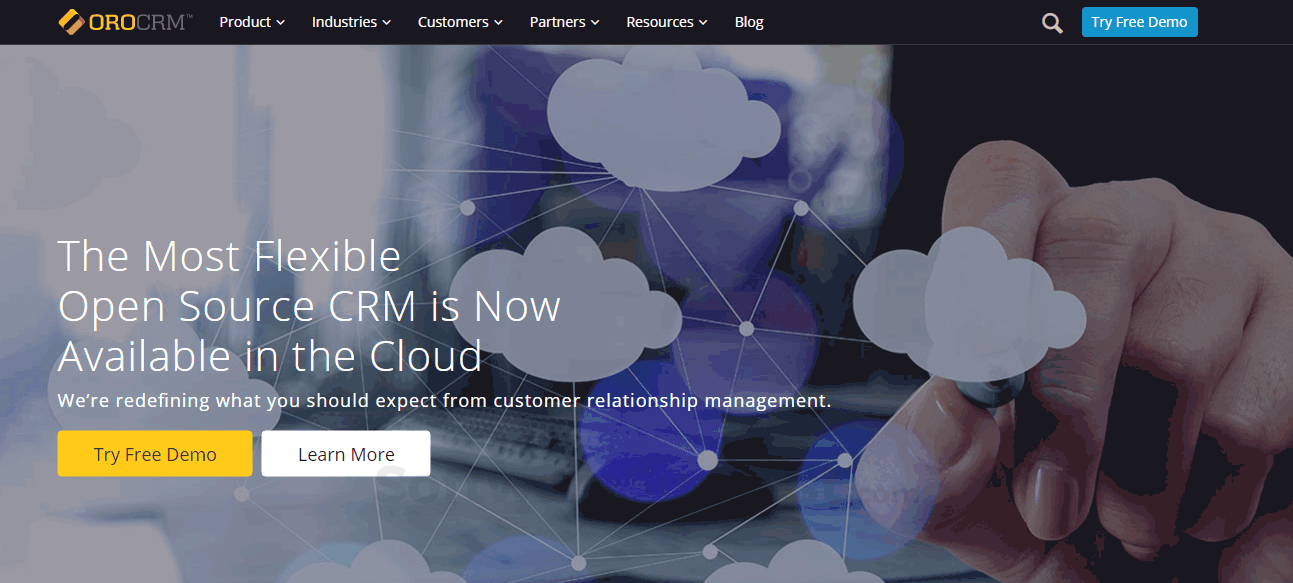
crm-application
OroCRM is an open-source Customer Relationship Management application....
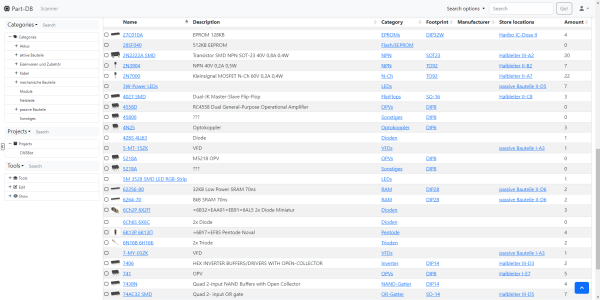
Part-DB-server
Part-DB is an open-source and free electronic parts inventory software...
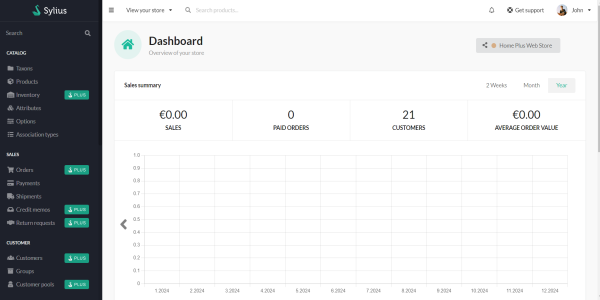
Sylius-Standard
Sylius is an open-source eCommerce application on top of Symfony. View...
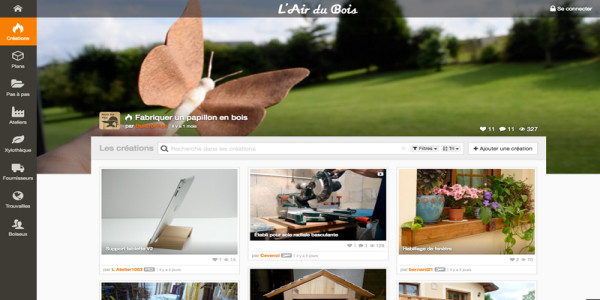
lairdubois
L'Air du Bois is a Community Driven Woodworkers Sharing Platform. Down...
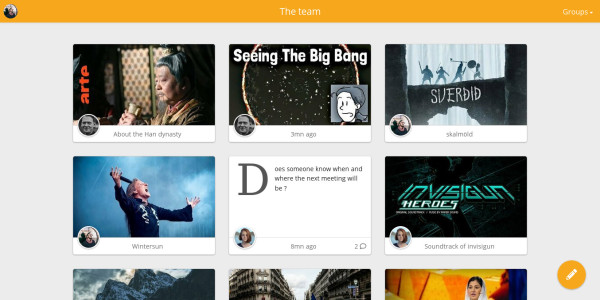
zusam
Zusam is a free and open-source way to self-host private groups to sha...
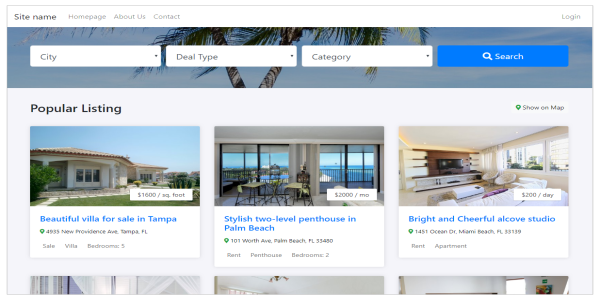
ResidenceCMS
Residence CMS is an open-source real estate management system website ...
Symphony Open Source Projects
The world of software engineering is indeed a hub of open-source projects that are characterized by collaboration, innovation, and the dedication of the people who are part of this community. Among many projects, Symphony stands as an orchestra of the codes, which is jam-packed with a diverse team of developers. They spread around the world.
Symphony is a full representation of free and open source, an arena where different people and organizations from all over the world come together to create, share, and make improvements to software products. This page is centered around Symphony open-source projects. We discuss their importance, diversity, and the contribution they make to the global tech environment.
What Is Symphony?
Symphony is an open-source PHP web application framework. It utilizes a canvassing mechanism to design applications that are not weak in scalability or security. It provides a wide range of tools, libraries, and components that enable web apps, APIs, microservices and many other types of application programming interfaces (APIs) to be developed efficiently. Symphony is based on modularity, extendibility, and community participation which are all key to its success and that’s why it is one of the most popular codes worldwide.
Symphony represents much more than a solitary entity as it is the name of the ecosystem where whereas its constituents are presented in an output series of different works. Transparency, inclusivity, and decentralization are the values that enable Symphony to do its business. The Symphony Foundation plays the role of the protector of this ecosystem, managing developers, users, and contributor's interaction within its borders.
List Of Best Symphony Projects With Source Code
Symfony is a widely-used PHP framework that gives the essential tooling our programmer well while best suited in building web applications. While the ecosystem Symphony is open source, it does not have as such provided a particular git repository or a set of "official" projects. Nonetheless, the Symphony remains convenient for most developers as it can be used on different platforms like GitHub, for example. Here are a few examples:
Symfony Framework
The cornerstone that builds the majority of the Symfony projects is the framework of Symfony. It consists of an aggregate of aids and tools for web app developers. The Symfony repository on GitHub has the whole framework source code there from the baseline core components to the handy extra packages known as bundles, and also the well-detailed documentation they provide.
API Platform
API Platform can be called a good toolkit for creating modern APIs and websites written on top of Symfony and Doctrine. It is a toolset and reference for easy crafting of REST and GraphQL APIs with all beneficial functionality and no boilerplate code.
Sylius eCommerce Platform
Sylius is an eCommerce platform with all variables fully covered and is on top of Symfony Foundation. It is highly scalable and one of the top platforms that has many modules to help develop online shops and platforms for commerce.
Sonata Project
The Sonata is a suite of Symfony-powered libraries and bundles that was designed to facilitate the creation of different types of web applications, including administrative interfaces, CMS, and other advanced systems. It gives you a set of tools for very dynamic prototyping and backend platform creation.
Symfony CMF (Content Management Framework)
Symfony CMF is an enumeration of components and utilities for constructing content management systems and apps overlaying on top of Symfony. It gives us an architecture that can be easily expanded to cater to different needs related to content management, routing, and permissions.
FOSUserBundle
FOSUserBundle is a Symfony module that gives various user management features such as registration, login, and profile data. It provides for customizable or an extendable approach for the Symfony application authentication and authorization operation.
Characteristics Of Symphony Open Source Projects
-
Diverse Technological Landscape: We implement symphony initiatives, etc. within all the technologies involving programming languages, frameworks, or tools. Symphony fulfills different financial products' life cycle needs with various solutions ranging from back-end infrastructure to front-end interfaces that are tailored depending on the requirement and choice.
-
Community-Driven Development: Underpinning all partnerships' hallmark is mutual support. We get diverse teamwork in the organizations who all come together to code, offering suggestions and geared towards innovations. An outstanding example of a collaborative environment in which the participants can spread their knowledge and propose new high-tech methods is this community.
-
Modularity and Scalability: Symphony products feature modularity and scalability in their core concepts as an essential design parameter. Additionally, it gives developers the ability to construct new blocks by encapsulating and reusing existing units, introduce new functionalities and customize solutions to the changing needs. Whether it is a small library or a complex app, Symphony gives you the choice to cater to the complexity and volume of the data by employing easy altering and scaling principles.
-
Open Governance and Transparency: Like all Symphony initiatives, honesty and open-source are the pillars with which aims to build its projects. It creates a platform for decision-making processes, discussions on roadmap, and project management, all with the aim of enabling more people to participate and contribute more effectively.
-
Leveraging Standards and Best Practices: By employing industry etiquettes, symphony projects follow the prescribed guidelines which enhance security, seamless collaboration and convenience. In this case, developers can rely on existing standards and methodologies to avoid duplicating of efforts and concentrate on modernizing and improving the services provided.
Impact And Future Directions Of Symphony Open Source Projects
It is not only individual developers and organizations whose lives will be improved by Symphony open source projects, but the projects in turn will be integrating into the global tech landscape. Alluding to load deconstruction and creating a formula, Symphony helps developers in creating very complicated solutions. This works well in solving a complex problem and consequently, driving business growth. Blockchain's modular, open-ended, and community-led history of innovations enables further improvements and continuous innovation.
The following challenges will further stimulate Symphony’s growth and development, by virtue of new technological advances and behavioral research. In sync with the continuing trends of utilization cases and the changing requirements, Symphony will refine, improvise, and adjust its services to match those of both developers and user groups. Committedness to the fundamental pillars of its conduct such as collaboration, open source, and quality will surely continue to influence the development world in the years to come.
FAQs
Symphony is a CMS that is written in PHP and MySQL. Rather than HTML used in most CMS, it uses XML and XSLT. This data set constitutes version 3.0, as of (now). It is very stable and stationary at 0 degrees assuring adequate cool performance.
Symphony is a cloud-based platform with secure high-value content exchange and improved individual and team productivity. It ensures safe communications and connections with the community to collaborate and boost productivity.
Symphony is a message service that enables financial firms to communicate together. Security is an essential feature of this messaging service. Encrypting, group messaging, and sharing rich content have been taken into consideration without leaving support for third-party plugins.
Yes, Symphony involves coding. It is a PHP web application framework that needs the users to program in PHP to design of web applications.